No products in the cart.
Return To ShopWhy Vitamin Supplements Are Important for Overall Health
In today’s fast-paced world, our bodies often need more than what we’re able to give them through diet alone. The modern lifestyle, brimming with stress, processed foods, and environmental pollutants, presents a significant challenge to obtaining optimal nutrition.
While it would be ideal to get all our vitamins from fresh, organic, and locally sourced foods, the reality is far different for most. This is where vitamin supplements come into play. They act as a bridge, ensuring that our bodies receive essential nutrients, even when our diets fall short. For many, they are not just a bonus but a vital part of maintaining health.
The Nutritional Gap in Today’s Diet
The gap between what we consume and what our bodies need is growing. Busy schedules, the convenience of fast food, and even nutrient-depleted soils mean that many of us are lacking key vitamins and minerals.
The typical diet today is often rich in calories but poor in nutrients. For instance, vitamin D, magnesium, and iron deficiencies are widespread, yet most people don’t realize they’re falling short.
Even with the best of intentions, it can be hard to meet daily vitamin requirements through food alone, making supplementation necessary for many.
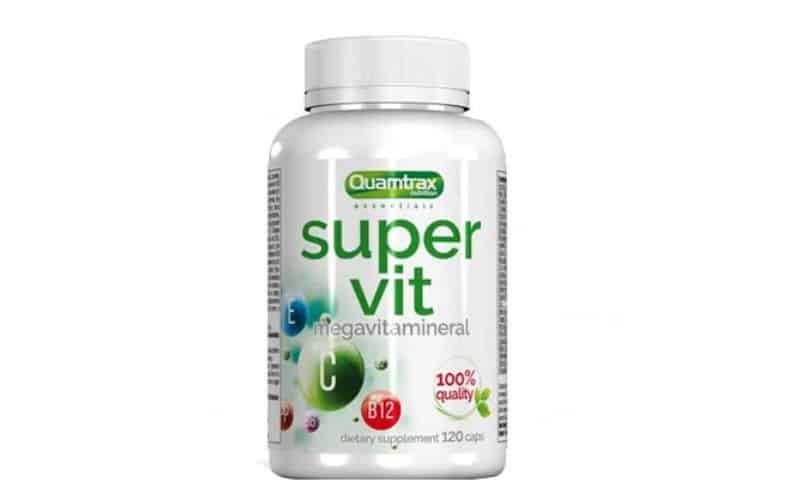
Essential Vitamins and Their Roles in the Body
Each vitamin plays a crucial role in maintaining overall health, and the absence of any can throw off the delicate balance within the body.
- Vitamin A: Essential for maintaining healthy vision, skin, and immune function. It also plays a role in the development of bones and cell growth.
- Vitamin C: Known for boosting immunity, it also helps in collagen production, wound healing, and acts as an antioxidant, protecting cells from oxidative stress.
- Vitamin D: Critical for calcium absorption, promoting bone health, and supporting the immune system. It helps prevent bone disorders such as osteoporosis.
- Vitamin E: A potent antioxidant, it protects cells from free radicals and supports skin health.
- B Vitamins (B6, B12, Folate): Vital for energy production, brain function, and red blood cell formation. They are especially important for maintaining neurological health.
Why Food Alone May Not Be Enough
The belief that “food is medicine” is undeniably true, but there are limitations in relying solely on food for vitamins. Due to modern farming practices, the nutritional content of fruits and vegetables has decreased significantly over the last century.
Additionally, the way we store, transport, and cook food further depletes its vitamin content. For those with dietary restrictions such as vegetarians, vegans, or people with allergies—getting enough essential vitamins like B12, iron, and omega-3s from food alone can be almost impossible.
In these cases, vitamin supplements become an important tool for ensuring adequate nutrient intake.
The Benefits of Vitamin Supplements on Long-Term Health
Vitamin supplements do more than fill the gaps in our diet; they support long-term health. Taking the right supplements consistently can reduce the risk of chronic diseases such as heart disease, osteoporosis, and even certain types of cancer.
- Heart Health: Omega-3 fatty acids found in fish oil supplements have been shown to reduce inflammation, lower blood pressure, and decrease the risk of heart attacks and strokes. Consistent use supports cardiovascular health and reduces cholesterol levels.
- Bone Strength: Calcium, combined with vitamin D, is essential for maintaining bone density and preventing conditions like osteoporosis, particularly in older adults. These supplements ensure bones remain strong and resilient against fractures.
- Cancer Prevention: Certain antioxidants, such as vitamin E and selenium, may help protect cells from oxidative damage, reducing the risk of some cancers by neutralizing harmful free radicals.
- Energy and Metabolism: B vitamins, including B12 and folic acid, support energy production by helping the body convert food into fuel, thus reducing fatigue and improving physical endurance.
- Immune System Support: Vitamins like C, D, and zinc play crucial roles in strengthening the immune system, reducing susceptibility to infections, and promoting faster recovery from illnesses.
- Eye Health: Vitamin A and certain antioxidants (lutein, zeaxanthin) are known to protect against age-related macular degeneration and support overall vision health.
- Cognitive Function: Vitamin B12, omega-3s, and antioxidants like vitamin E can improve brain health, supporting cognitive function, memory, and reducing the risk of neurodegenerative diseases such as Alzheimer’s.
Risks of Vitamin Deficiency: What Happens When You Don’t Supplement?

The consequences of vitamin deficiencies can be severe and, in some cases, life-altering. Vitamin D deficiency, for instance, can lead to bone disorders like rickets in children and osteomalacia in adults.
A lack of B12 can cause neurological problems, including memory loss and cognitive decline. Prolonged vitamin C deficiency can result in scurvy, a disease marked by fatigue, gum disease, and joint pain.
These deficiencies often develop slowly, with symptoms initially easy to miss, underscoring the importance of ensuring an adequate intake of vitamins either through diet or supplements.
Finding the Right Balance: How to Choose the Right Vitamin Supplements
Choosing the right supplement can be overwhelming, with so many options available. It’s essential to understand your individual health needs. A blood test can reveal specific deficiencies, helping to tailor supplementation accordingly.
It’s also wise to consult with healthcare professionals before starting any supplement regimen, as too much of certain vitamins like vitamin A or iron can be harmful.
Look for high-quality supplements that are free from unnecessary additives and fillers, and consider those that use natural, bioavailable forms of vitamins for better absorption.




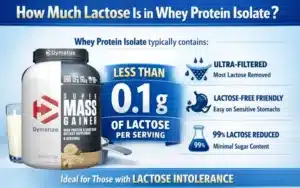
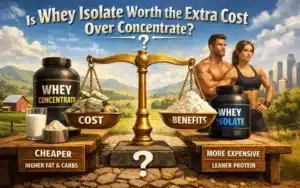
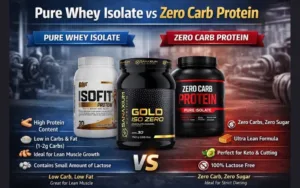

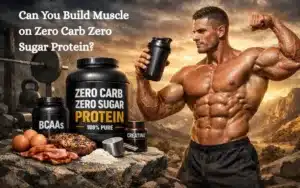
Add comment